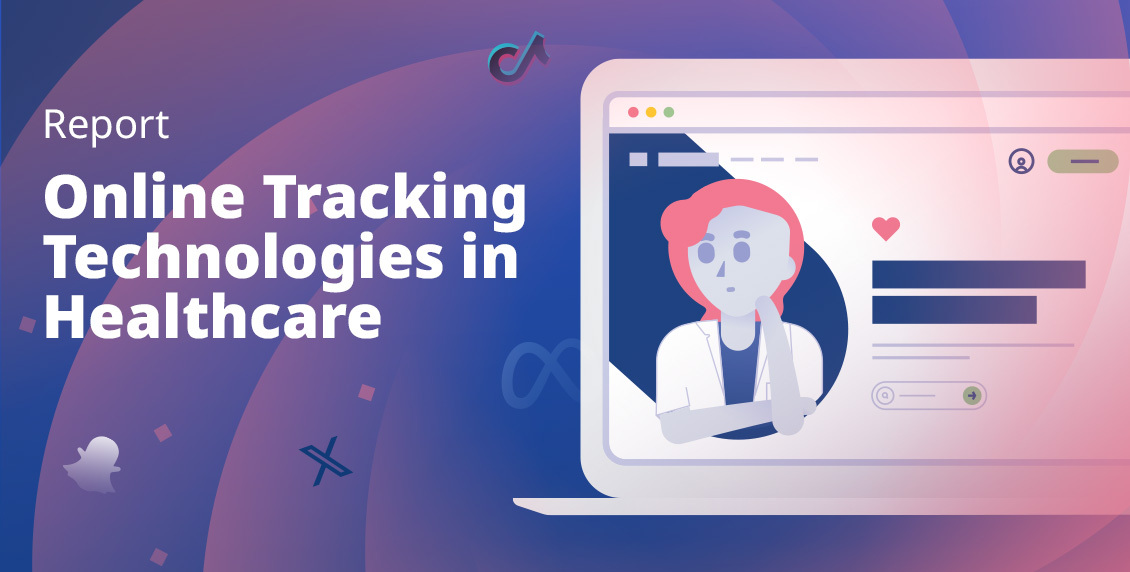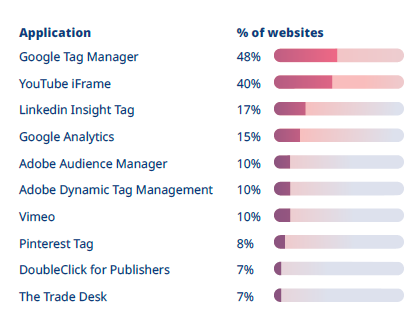Report: Online Tracking Technologies in Healthcare

Reflectiz has analyzed 200 leading US Healthcare websites, including major hospitals,
utilizing its innovative rating tool for risk exposure.
Recently, Reflectiz hosted a roundtable event at the HealthSec Summit in Boston, and shared this insightful report with healthcare security professionals. This report sheds light on the hidden dangers of web trackers in the healthcare industry.
What are the risks of online tracking technologies?
Online tracking technologies are valuable tools but expose healthcare providers to significant risks. These technologies collect user information to gauge the effectiveness of advertising campaigns and enhance customer experiences. Businesses using tags or pixels from companies like Google, Meta, and TikTok risk inadvertent data breaches due to frequent misconfigurations leading to oversharing.
For healthcare providers, this risk is heightened because cyber criminals highly value protected health information (PHI), which can be sold for substantial sums, up to $1000 per patient record, as estimated by Experian in 2017. PHI can be exploited for medical services fraud, blackmail, identity theft, and more.
Whether a data breach is accidental or intentional, healthcare providers leaking PHI face additional risks, including penalties for violating data protection regulations (CCPA, CPRA, etc.) and HIPAA rules.
The Office for Civil Rights (OCR) recently updated its guidance on HIPAA-regulated entities’ use of online tracking technologies, emphasizing that such use must not result in “…impermissible disclosures of PHI,” and violations may incur civil financial penalties.
To give you a glimpse, here are the most popular third-party web trackers in healthcare:

Download the full report, for free, right now.
Take control
Stay up to date with the latest news and updates



